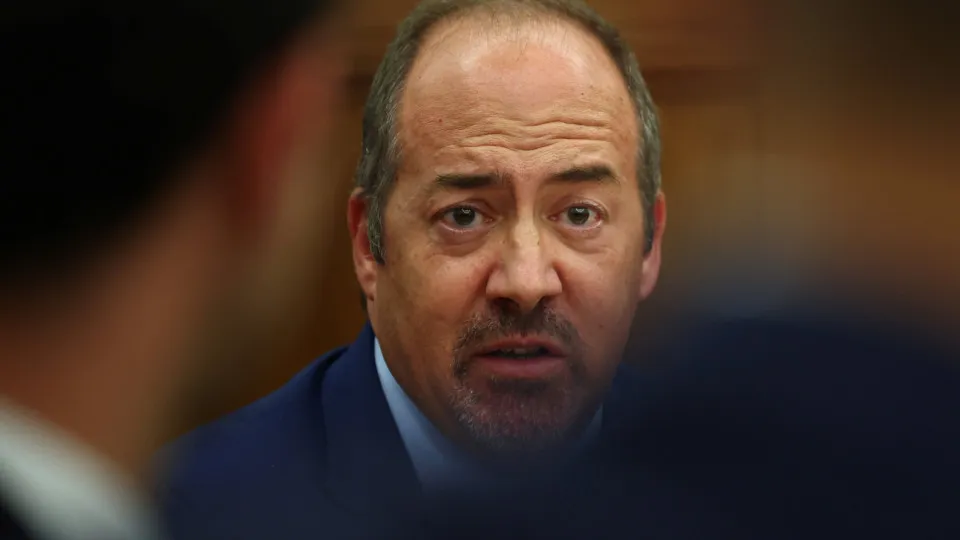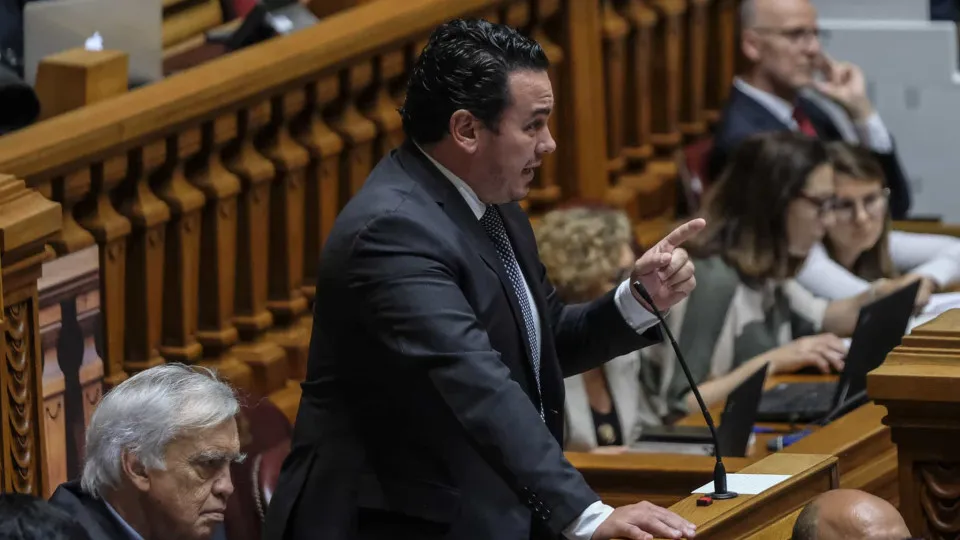
A law mandates the parliament to provide a reasoned opinion before the executive formalizes the appointment of the governor of the Bank of Portugal (BdP), a document that was voted on today in the COFAP.
The report garnered support from the parliamentary groups PSD, CDS-PP, Chega, and IL, while the PS abstained.
The socialist bench proposed that the conclusions include a reference to the political freedom of BdP employees, clarifying that the governor cannot limit “rights, freedom, and guarantees,” but this initiative was rejected by votes against from PSD, CDS-PP, Chega, and IL.
The final note the PS wanted to include stated: “The Assembly of the Republic emphasizes, in this regard, that the nominee, as governor of the Bank of Portugal, should act in accordance with the established Code of Conduct of the Bank of Portugal, respecting the enshrined constitutional principles that guarantee all citizens the right to political participation, with strictly and exceptionally anticipated limitations, which do not affect the employees and agents of the Bank of Portugal.”
The base document that issues the positive opinion, eventually approved without changes, was drafted by Chega deputy Eduardo Teixeira.
The document states that the Committee on Budget, Finance and Public Administration recognizes, based on “responses to formulated questions” and “scrutiny” of Álvaro Santos Pereira’s biography, that the economist has the “competence and technical experience” to hold the position, succeeding Mário Centeno.
The PS’s proposed amendment related to the fact that during Santos Pereira’s parliamentary hearing in COFAP on September 17, within the nomination process, the economist stated that central bank employees should not be involved in active politics to safeguard institutional independence.
Before today’s vote, PS deputy Marina Gonçalves argued it would be “appropriate” for the report to include in its conclusions “an abstract principle” that in exercising the governor’s functions, no limitations on “rights, freedom, and guarantees” should be undermined.
PSD deputy Hugo Carneiro stated it would be “in good taste” to maintain the methodology adopted during Mário Centeno’s 2020 appointment, limiting the report to describing the meeting’s events. Regarding the PS’s amendment proposal, he considered the matter “addressed” as the document includes statements where Santos Pereira assures he will not request party affiliation from anyone within the BdP.
CDS-PP deputy Paulo Núncio also criticized the PS’s proposed paragraph, saying it made “no sense.”
The report transcribes a passage where Santos Pereira mentions: “Regarding my book, concerning party affiliation among Bank of Portugal employees. Obviously, I will not request party affiliation from anyone within the Bank of Portugal. Now, I believe that those working at the Bank of Portugal should not engage in active politics, okay? Thus, if someone in the Bank of Portugal decides they want to participate or engage actively with parties, I think that is a matter that needs addressing.”
Álvaro Santos Pereira served as Minister of Economy from 2011 to 2013 in the PSD/CDS-PP government of Passos Coelho. He was chief economist at the OECD when, on July 24 of this year, the government of Luís Montenegro (PSD-CDS-PP) announced his nomination to succeed Centeno.
According to the Organic Law of the Bank of Portugal, the governor is appointed by the Council of Ministers’ resolution, upon proposal of the government member responsible for finance, after the government receives a “reasoned opinion from the competent committee of the Assembly of the Republic,” in this case, COFAP. Within carrying out this opinion, Álvaro Santos Pereira was heard in parliament on September 17.




